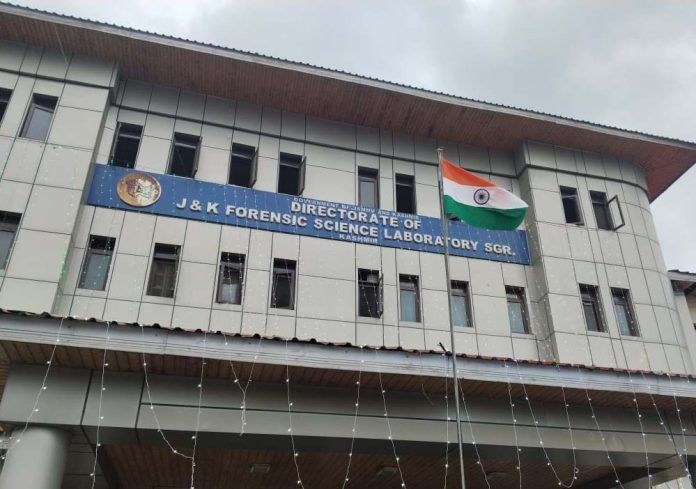Groundbreaking Study Reveals Genetic Ties Between Kashmir, Central Asia and Indian States

JAMMU, NOV 11 - A pioneering study conducted by the Forensic Science Laboratory (FSL) in Jammu and Kashmir has made history by publishing the first genetic data-based analysis on the state's human population. The study, recently published in the International Journal of Legal Medicine (IJLM), offers a groundbreaking insight into the demographic dynamics and genetic implications of the region.
Led by Dr. Nadeem Mubarik, the research team analyzed 694 unrelated individuals selected from the large population to uncover the genetic connections between different districts of Kashmir and adjoining Central Asian/Arab countries connected through the ancient silk route. The study confirmed significant admixture and genetic relations between various regions in the UT.
Contrary to expectations, the districts of Jammu showed appreciable genetic similarities with adjacent Indian states, whereas Ramban, Reasi, and Kishtwar, though adjacent geographically, were found to be genetically scattered.
"This pioneering broad-based autosomal STR study has the potential to significantly impact justice delivery in our courts," Dr. Nadeem Mubarik stated. "DNA evidences produced in court will now be supplemented by statistical data, increasing the weight of evidence and paving the way for more convictions in DNA-related cases, especially in POCSO cases."
The Director of FSL, Gurmukh Singh, commended all authors on their contributions, stating that this study will have a profoundly positive impact on delivering justice in the courts. According to him, it will increase the conviction rate in DNA-related cases.
Similarly, Officer-in-charge FSL Srinagar, Syed Ishfaq Manzoor, congratulated the team of scientists for achieving this milestone. He opined that this publication will have a lasting impact on the justice delivery system in J & K.
The study showcases the capabilities and applications of Forensic Science Laboratory in Jammu and Kashmir, offering future research prospects in genetic analysis and disease management. As such, experts and officials are optimistic about leveraging these findings to provide more effective solutions for the UT's population.
